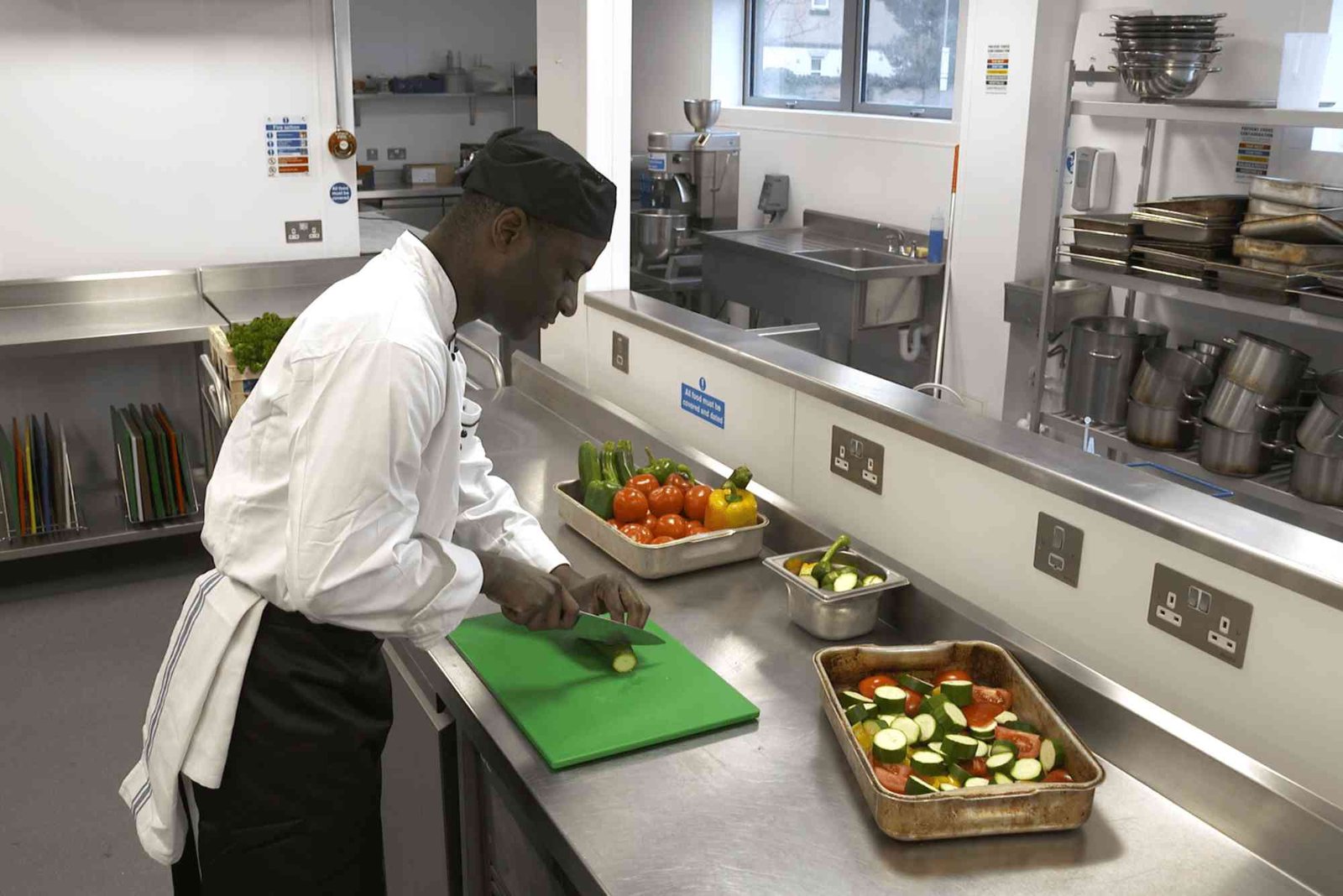Food Hygiene Course: Comprehensive Guide to Safe Food Handling
A Food Hygiene Course provides essential training on the principles of food safety, covering topics such as cleanliness, proper food storage, and contamination prevention. It’s designed to equip individuals in food-related sectors with the knowledge to handle food safely, minimizing the risk of foodborne illnesses.
Why Food Hygiene Matters
Maintaining high standards of food hygiene is crucial to prevent food poisoning, allergic reactions, and contamination. Poor hygiene can lead to significant health risks, business penalties, and legal repercussions. Certified courses help reinforce safe practices to comply with local and national regulations.
Key Topics Covered in a Food Hygiene Course
Personal Hygiene:
Courses emphasize maintaining personal cleanliness to avoid transferring bacteria to food. Handwashing techniques, proper attire, and maintaining a hygienic environment are all critical components.
Cross-Contamination Prevention:
One of the main culprits for foodborne illnesses is cross-contamination. Training includes strategies to separate raw and cooked foods, prevent utensil sharing, and sanitize surfaces.
Food Storage and Temperature Control:
Courses teach correct food storage procedures, such as labeling, shelf placement, and optimal temperature management to prevent bacterial growth.
Cleaning and Sanitizing Procedures:
Effective cleaning practices are taught to ensure that all equipment, surfaces, and food preparation areas are sanitized to reduce contamination risks.
Legal and Regulatory Compliance:
Food hygiene courses cover important legal requirements, including HACCP (Hazard Analysis and Critical Control Points), which is a critical part of food safety compliance.
Benefits of Completing a Food Hygiene Course
Completing a food hygiene course can lead to safer work environments, enhanced food quality, and a more trusting relationship with customers. Certification can improve career prospects, especially for those seeking roles in food preparation, catering, or restaurant management.
Choosing the Right Food Hygiene Course
When selecting a course, look for accreditation, up-to-date content, and course levels appropriate for your role (such as basic, intermediate, or advanced). Online and in-person options are available, allowing flexibility in learning.
Certification and Re-certification
Upon course completion, a certification is awarded, signifying competence in food safety. Many certifications require renewal, typically every three years, to ensure knowledge stays current.
FAQs about Food Hygiene Courses
1. What does a food hygiene course cover?
A food hygiene course covers food safety practices, personal hygiene, contamination prevention, and regulatory compliance.
2. Is food hygiene certification required by law?
Yes, in many regions, food handlers must hold a valid food hygiene certification to ensure public safety.
3. How long is a food hygiene certificate valid?
Most certificates are valid for three years, after which a refresher course may be required.
4. Are online food hygiene courses accepted?
Yes, many accredited online courses are recognized, provided they meet the necessary regulatory standards.




